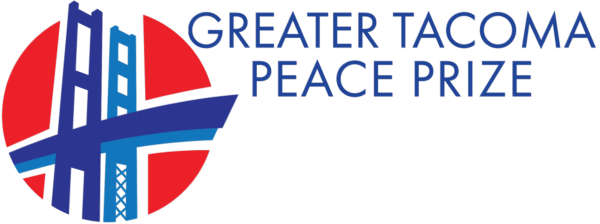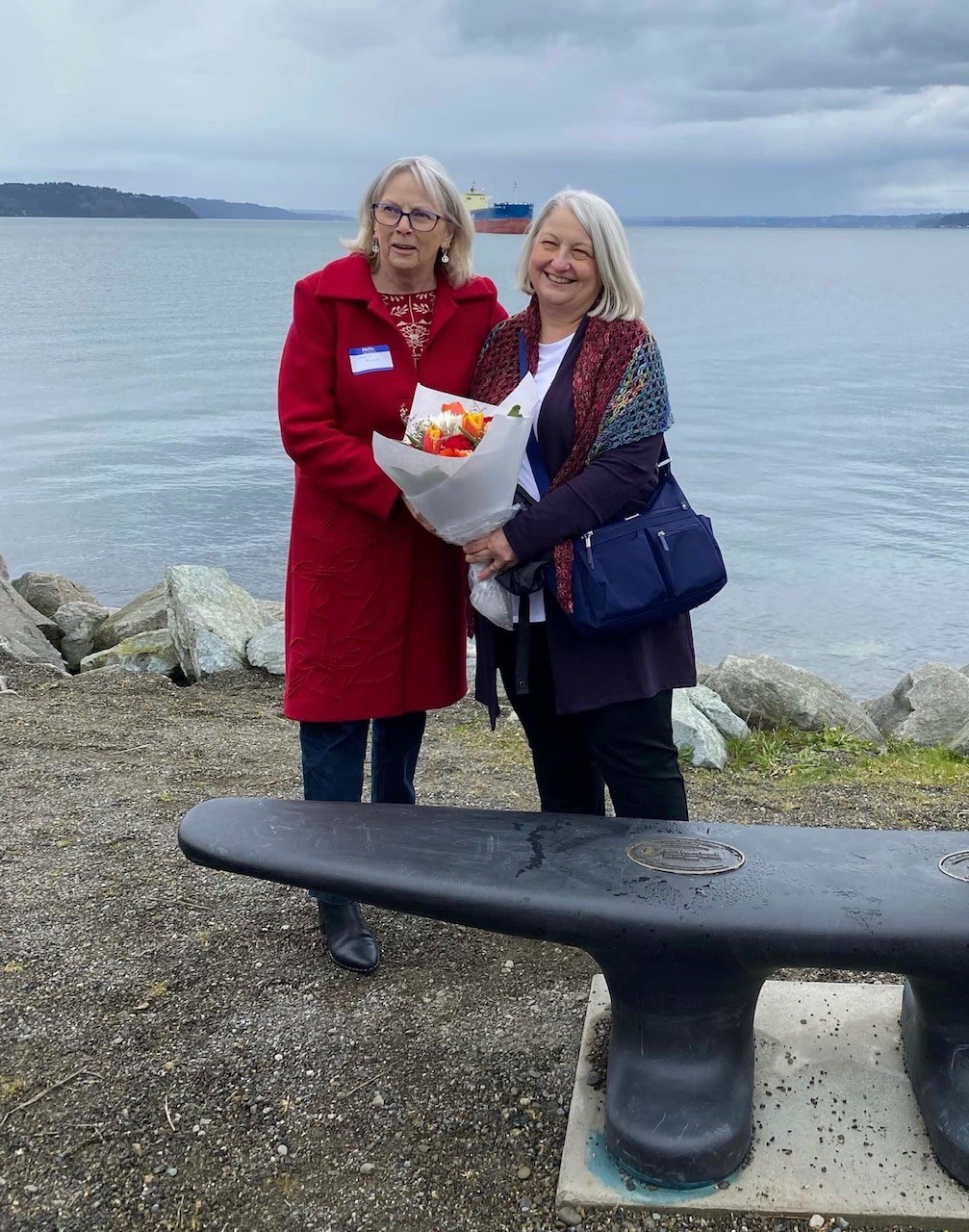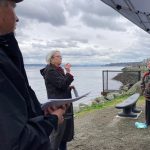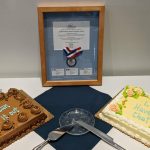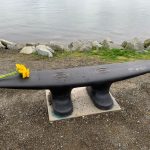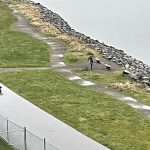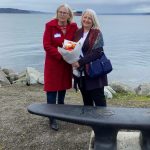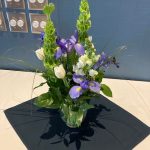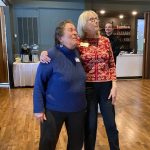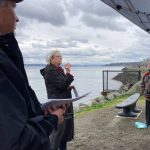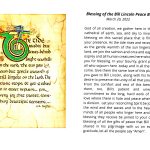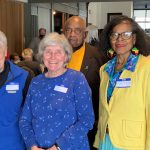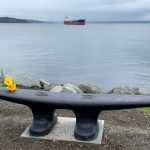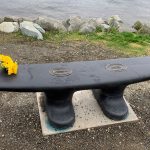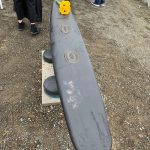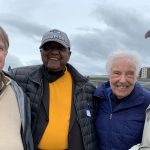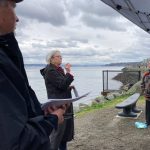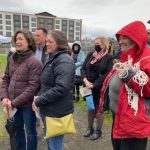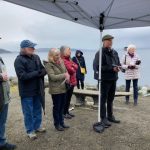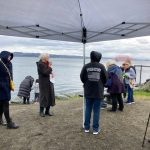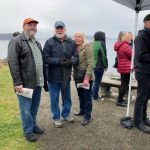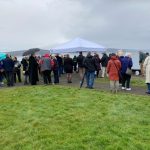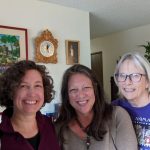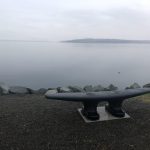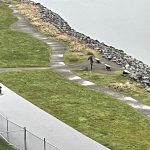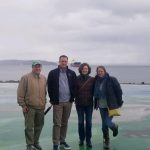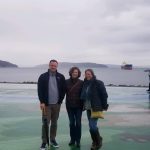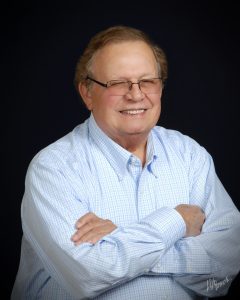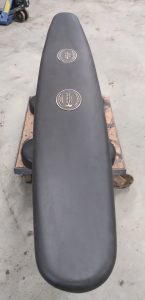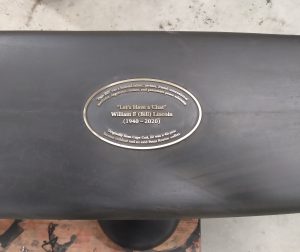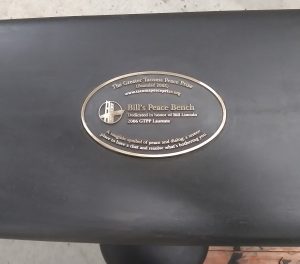 Greater Tacoma Peace Prize Greater Tacoma Peace Prize |
| GTPP Laureate Banquet, September 15th at PLU Save the Date September 15, 2022, 5:30pm Pacific Lutheran University Tacoma, WA 98447 Join us to celebrate Marilyn Kimmerling (2020-21 Laureate) Kwabi Amoah-Forson’s (2022 Laureate) peacework. Hors d’oeuvres, Dinner, Silent Auction, Entertainment and good company. More details to follow, including an Evite for official registration. |
Video of the Peace Bench Dedication
In March 2022, we dedicated the Bill Lincoln Peace Bench on the Tacoma, WA waterfront. Below is a video of the event.
Janet Ruud Announces Retirement from GTPP Board
Having been on the GTPP Board since its inception in 2005, Ruud retired in April of this year, after the Dedication of Bill Lincoln’s Peace Bench. Janet had informed the Board in early 2020 that she wished to retire, but when the COVID virus descended upon us and Zoom was the way to hold a meeting, she agreed to stick around for a while longer. The Board threw a surprise retirement party for her, where she expressed her deep gratitude to them all for their enthusiasm for peace and support over the years. She is happy to have some time for other interests now – including support of gay rights, anti-racism, and refugee assistance, as well as reading, relaxing, and traveling. (Janet can be contacted at [email protected])
Kwabi Amoah-Forson
Photos from the Peace Bench Dedication
Bill Lincoln Peace Bench Dedication Reception
Facebook Live of the Peace Bench Dedication
A Request from LCS Refugee Response
“We need your help. You have been following along with us throughout the Afghan refugee crisis. To date, we have welcomed over 620 to the LCS Northwest family. With so many arrivals in a short period of time, we are experiencing unanticipated needs in all three of our resettlement locations. Our community partners resources are unable to meet all of our clients’ needs.”
Read more about their specific needs here: https://api.neonemails.com/emails/content/LwMmK9Ot0lyn2oMygHnY1L6BeZfrb7O0U5bWzGI-HNQ=
Now accepting nominations for the 2022 GTPP Laureate
We have added the 2022 Greater Tacoma Peace Prize Nomination forms to our website. You can submit online or via mail. Simply access the nomination information on this page:
